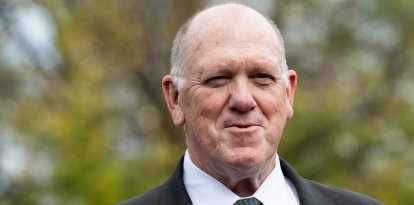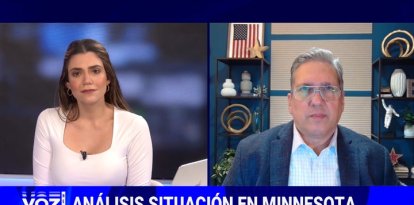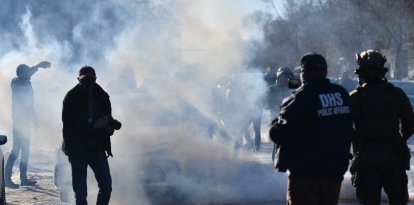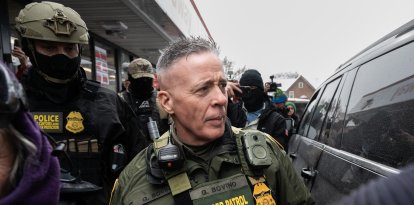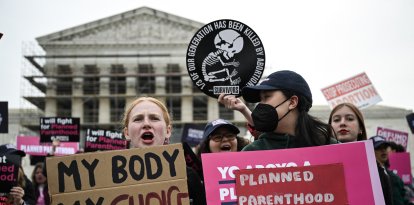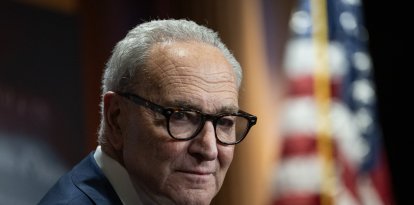The New York City Council overturns Eric Adams' veto of a progressive law on the municipal police
Agents are protesting against a rule that increases the administrative burden to document the "apparent" race, sex or age of each witness to any public interaction they make and warn that it compromises the safety of citizens.
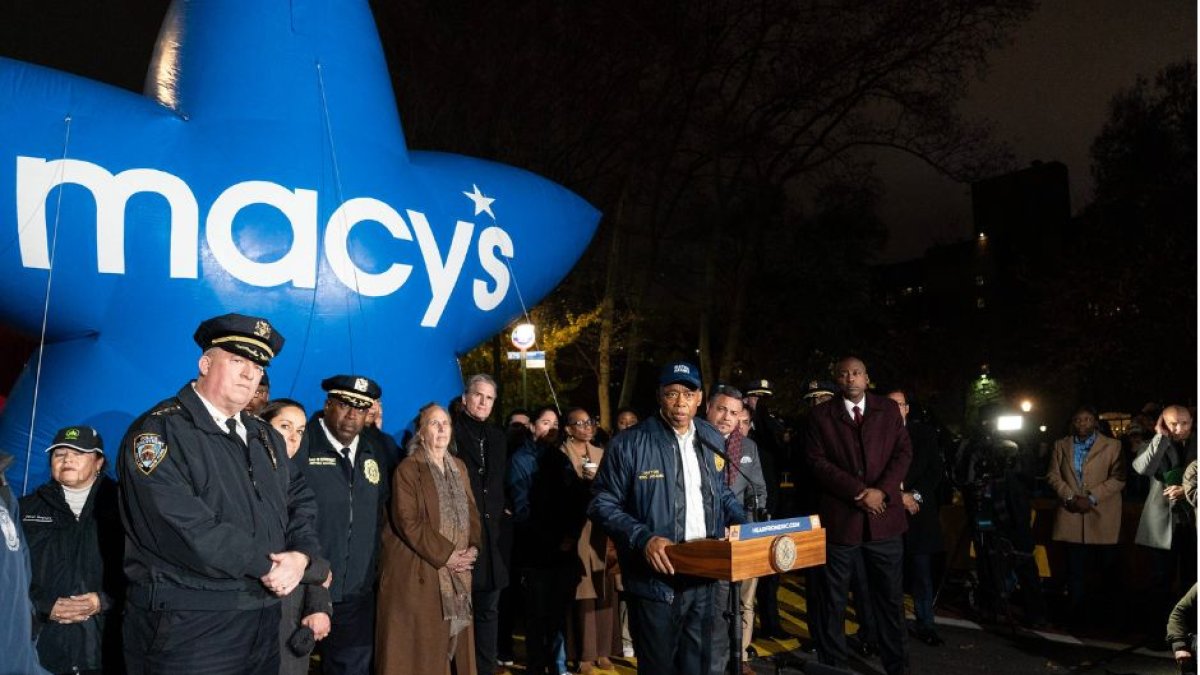
Eric Adams, junto a responsables de la Policía de NY, e una imagen de archivo. (Cordon Press)
New York City Council members, mostly progressive Democrats, voted overwhelmingly (42-9) to override Mayor Eric Adams' veto of a controversial woke court law that forces the Big Apple Police to thoroughly document even the smallest public interaction that they perform. The councilor and officers of the force oppose the measure, pointing out that it will slow down investigations while burying officers under mountains of paperwork, increasing response time to emergencies and breaking trust between officers and citizens. In addition, the councilors also overturned Adams's veto of the law that prohibited the isolation of prisoners in New York prisons.
A law to stop "illegal stops"
The controversial rule, rejected by the majority of agents and which has provoked criticism from many citizens, pursues "increased transparency" and control over the actions of the police, as well as ending "illegal stops of citizens" and to bring to light if there is a racist tendency in the body. The bill provides that officers will be required to record in writing the "apparent" race, sex, and age of virtually everyone they question, including potential witnesses to a crime, infraction, or other lower level encounters.
In a harsh press release, Adams again criticized the rule, stressing that it "compromises public safety and justice for victims of violence." In the text, the mayor directly accuses the progressive councilors of his party of "undermining all the progress" in citizen security that New York has been experiencing in recent years and that it contrasts with what is happening in other large cities governed by Democrats.
Rules that "will make New Yorkers less safe on the streets"
According to the councilor, "New York remains the safest big city in America — and we are getting safer. In 2023, murders were down 12 percent, and shootings were down 25 percent. The Preliminary Mayor’s Management Report will show today that crime was down 3 percent across the major seven categories for the first four months of this fiscal year."
The mayor also pointed out that the Democrats have put his ideological agenda before the needs and desires of New Yorkers: "From our law enforcement officers and district attorneys to our faith leaders, from the business community to the editorial boards, and from the Federal Monitor to parents like Yanely Henriquez – who lost her daughter Angellyh to gun violence nearly two years ago – New Yorkers have been clear that they want their officers on the streets and their correction staff to come home to their families at night."
Police Criticism
The reversal of the veto was also not well received by law enforcement, who accused the councilors of actually seeking to "destroy the world's best police department" in the words of Paul DiGiacomo, president of the NYPD Detectives' Endowment Association. Another consequence of the new rules, which will come into force in June, will be that "the divide between the police and citizens will grow. And so will the retirements of our best and most experienced detectives. Heartbreaking."
This was echoed by Big Apple Police Chief of Patrol John Chell, speaking on WABC radio 77, collected by The New York Post - highlighting that this rule will cause relations between the community and the police "to become frayed." "It’s going to take a toll on our response time to calls for service. There’s an overtime concern now," he added.













